Okay, let’s get real for a second.
You’ve seen it everywhere — celebrities sipping on it, influencers swearing it’s the reason they “glow from within,” and those sleek machines that look like something from a sci-fi movie sitting on kitchen counters.
But… is best alkaline water actually worth the hype? Or is this just another wellness trend that sounds great in theory but doesn’t deliver?
Look — I get it. You’re tired of spending money on things that don’t work. You want answers, not marketing fluff. And honestly? That’s why I’m writing this.
I’ve dug into the science, talked to people using ionizers daily, tried different filters myself, and even flipped through peer-reviewed studies so you don’t have to.
The truth? It’s not black and white.
There are real benefits — small, subtle ones — for some people. But there are also risks, limitations, and a ton of misinformation out there.
So let’s cut through the noise. No hype. No wild claims. Just honest, helpful, friendly advice — like we’re hanging out at a kitchen table, sipping water (alkaline or not, your choice).
What Is It?

So — what is alkaline water, really?
Basically, it’s water with a higher pH than regular tap water.
Remember pH from high school chemistry? It measures how acidic or alkaline something is on a scale from 0 to 14. Seven is neutral. Below 7 is acidic. Above 7 is alkaline.
Most tap water sits around pH 7. Alkaline water? Usually between 8 and 9. Some machines or bottled versions go even higher — up to 10 or more.
But here’s the catch: pH alone doesn’t make it “healthy.” The real difference comes from the minerals — things like calcium, magnesium, and potassium — that raise the pH and may offer hydration and antioxidant benefits.
Now, there’s a big difference between natural alkaline water (like spring water that’s picked up minerals from rocks) and artificially alkaline water (made with machines or drops). More on that in a sec.
And no — drinking alkaline water won’t “alkalize your whole body.” That’s a myth.
Your blood pH is tightly controlled by your lungs and kidneys — it stays between 7.35 and 7.45, no matter what you drink. So, you’re not turning your body into a “high-pH zone” by switching from bottled water to alkaline.
But that doesn’t mean it’s useless.
Let’s break down what it can — and can’t — do.
What Works?
You’ve probably heard claims that alkaline water “fights aging,” “boosts energy,” or even “stops cancer.”
That’s… a lot.
And honestly? Most of that isn’t backed by solid science.
But there are a few things alkaline water might actually help with — and they’re worth talking about.
First: acid reflux.
There’s actually a small but promising study published in Annals of Otology, Rhinology & Laryngology that found alkaline water with a pH of 8.8 can inactivate pepsin, the enzyme that plays a role in GERD. According to the study, this could offer relief for people with frequent heartburn.
Now, it’s not a cure. And it doesn’t replace medication if you need it. But if you’re mildly affected, it might be worth a try.
Second: bone health.
A few older studies suggest alkaline water may reduce bone resorption — basically, the breakdown of bone tissue. One study found postmenopausal women drinking alkaline water showed improved markers for bone density. A 2009 review noted this could be helpful, but stressed that more research is needed.
So — not a miracle. But a potential small win.
Third: hydration.
Some people swear alkaline water hydrates better. Why?
Well, some ionizers claim to “micro-cluster” water molecules — making them smaller and easier for cells to absorb. The science here is… shaky. Water clusters don’t stay organized for long in the body, so the idea is controversial.
But — alkaline water often contains more electrolytes (like magnesium and potassium), which do help with hydration. So if you’re drinking it after a workout or in hot weather, you might feel more refreshed.
It’s not magic. It’s just better mineral content.
What Doesn’t?
Let’s address the elephant in the room: detox.
No, alkaline water doesn’t “detox your body.”
Your liver and kidneys already do that — and they’re really good at it.
Same for “cancer prevention.” Yes, cancer cells thrive in acidic environments — but that’s because they create acidity as a byproduct of their growth. Drinking alkaline water won’t starve them. According to MD Anderson, the “alkaline diet cure” is a myth.
And anti-aging? Well, staying hydrated helps your skin. So does eating well and sleeping enough. But don’t expect alkaline water to turn back the clock.
The bottom line? It’s not a miracle. It’s a tool — one that might help in small ways, but can’t replace medication, diet, or medical care.
The Risks

Now, I know what you’re thinking: “If it’s not harmful, what’s the big deal?”
But — and this is important — alkaline water isn’t safe for everyone.
Drinking very high pH water (like pH 10+) regularly can mess with your stomach acid. That’s a problem, because you need stomach acid to digest food and kill harmful bacteria.
Symptoms of over-alkalization — or alkalosis — can include nausea, vomiting, muscle twitching, and confusion. It’s rare, but it happens.
And if you have kidney disease? Be extra careful.
Your kidneys regulate pH and minerals. If they’re not working well, extra calcium or potassium from alkaline water could build up and cause problems — like hyperkalemia (too much potassium in the blood).
Also — if you’re on certain medications, especially ones that affect digestion or pH (like PPIs for acid reflux), talk to your doctor first.
The last thing you want is to interfere with something that’s already helping you.
How to Make It
Okay, so you’re curious. You want to try it. How do you actually make alkaline water at home?
Here are your main options — ranked from simplest to most advanced.
1. Alkaline Water Pitchers
These are like Brita, but fancier. You pour tap water in, and the filter raises the pH using minerals like tourmaline or calcium.
They’re cheap ($70–$100), easy to use, and great for renters or anyone who doesn’t want to install anything.
Examples: Dafi Astra, Cerra, Hskyhan — all reviewed on serp.co.
Pros: Affordable, portable, removes chlorine.
Cons: Limited pH boost, filters wear out every few months.
Best for: Casual users testing the waters — no pun intended.
2. Water Ionizers (Electric Machines)
These are the high-end devices you see in infomercials. They use electrolysis to split water into alkaline and acidic streams.
You get adjustable pH levels (say, 8.5 for daily drinking, 9.5 for workouts), and some even infuse hydrogen (H2 water, which may have antioxidant benefits).
Brands: Tyent, Enagic (Kangen), AlkaViva, Aqua-Ionizer Deluxe.
Price? $1,500 to $5,000.
Pros: Full control, high pH, self-cleaning features.
Cons: Expensive, complex, requires regular maintenance.
And fair warning: Kangen uses multi-level marketing (MLM). That means some reviews are biased — people selling the product have a financial incentive to praise it.
They work — but ask yourself: is it worth the premium?
3. Reverse Osmosis + Remineralization
This is my personal favorite setup if you want the cleanest, healthiest water.
First, a reverse osmosis (RO) system removes contaminants like lead, fluoride, PFAS, and arsenic.
Then, a remineralization filter adds back healthy minerals — turning flat, “dead” water into mineral-rich, slightly alkaline water.
It’s not flashy. But it’s smart.
Top picks: iSpring RCC7P-AK, APEC CS-2500, SimPure T1-6.
4. DIY Hacks (Not Recommended Long-Term)
You might’ve seen tips like adding baking soda or lemon juice to water.
Baking soda (a pinch in a glass) raises pH, but adds sodium — not great if you’re watching salt.
Lemon juice is acidic, but some say it has an “alkalizing effect” after digestion. Doesn’t actually change the water’s pH, though.
pH drops (like Ion Alkaline Drops) can work, but quality varies.
Bottom line: fine for occasional experiments. Not for daily use.
| Method | Typical pH | Cost | Best For |
|---|---|---|---|
| Alkaline Pitcher | 8–8.5 | $80 | Beginners, renters |
| Water Ionizer | 8.5–10+ | $3,000+ | Enthusiasts, athletes |
| RO + Remineralization | 7.5–8.5 | $400 | Health-focused families |
| DIY (baking soda, drops) | 8–9 | $10 | Occasional use |
Best Picks
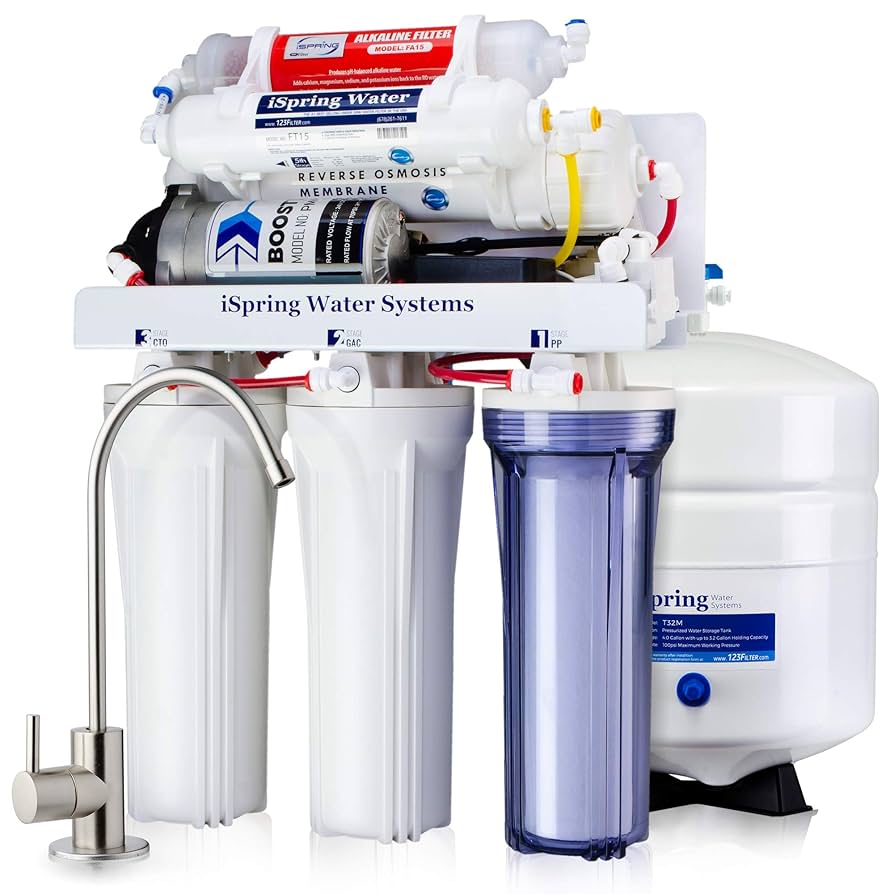
So, what’s the best alkaline water setup in 2025?
Here’s my straight-up take — no BS.
If you want something simple and affordable: go with a Dafi Astra LED pitcher. It tracks filter life, removes chlorine, and raises pH gently. Solid starter.
If you’re serious and want the gold standard: get an iSpring RCC7P-AK. It’s a reverse osmosis system with a built-in alkaline filter. Removes contaminants, adds minerals, gives you great-tasting water. No gimmicks.
If you love tech and want adjustable pH: Tyent Ace-13 or AlkaViva Vesta H2 are powerful ionizers with hydrogen infusion, self-cleaning, and smart displays. But — they’re pricey. Only if you really want that level of control.
And Kangen (Enagic)?
It’s well-built. But the MLM model inflates prices. The Leveluk K8 costs $5,000 — almost double similar models. According to distributor sites, it’s “not a scam” — but it is marketing-heavy.
I’d say: only if you’ve compared it fairly and still want it.
The Bottom Line
Look — I’m not here to sell you anything.
I’m just someone who’s been down this rabbit hole, tried the filters, read the studies, and wanted to know: does this actually help?
And the answer is: sometimes. For some people.
Alkaline water can be a nice addition to a healthy lifestyle — especially if you start with clean, filtered water and choose a method that fits your budget.
But it’s not a cure. It’s not magic. And it’s definitely not worth going into debt over.
The best alkaline water isn’t the one with the highest pH or the fanciest machine.
It’s the one that helps you drink more water — consistently, safely, and joyfully.
Because at the end of the day, the most powerful health tool you have?
It’s not a $5,000 ionizer.
It’s remembering to refill your glass, take a deep breath, and just… drink.
Simple. Effective. Human.
If you’ve tried alkaline water — what worked for you? What didn’t?
Drop a comment below. I’d love to hear your story.
And if you’re still not sure — that’s okay too. Start small. Get a pitcher. See how you feel.
No pressure. Just progress.

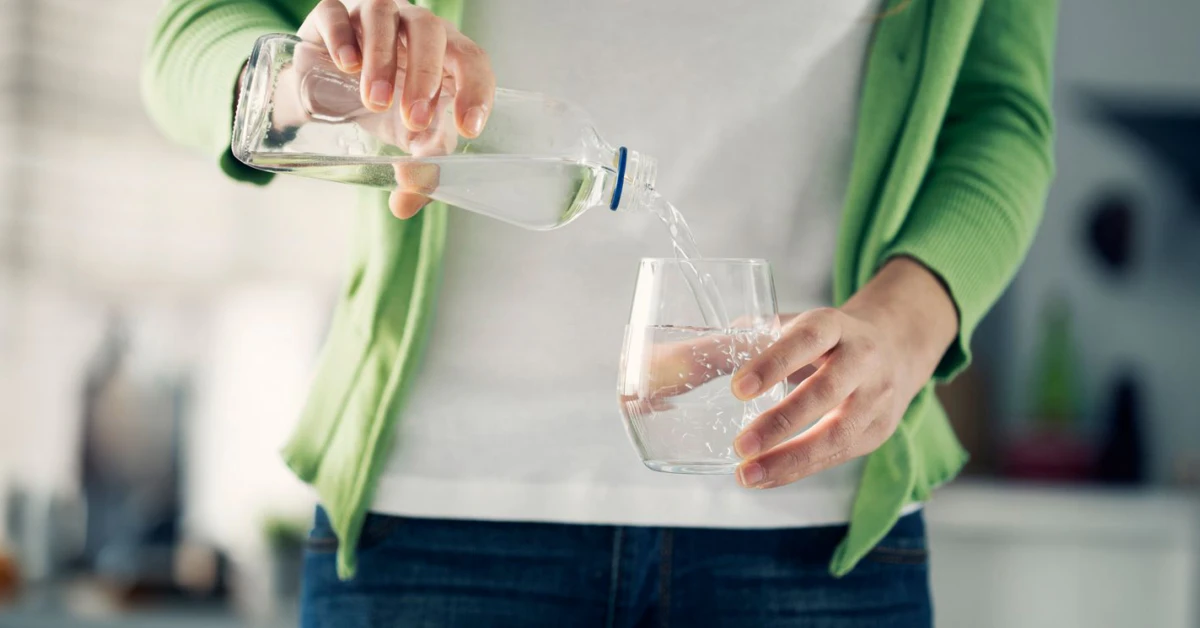

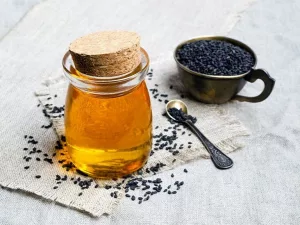




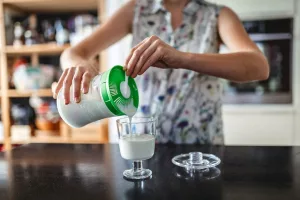

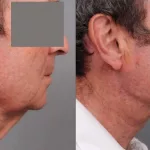














Leave a Reply
You must be logged in to post a comment.